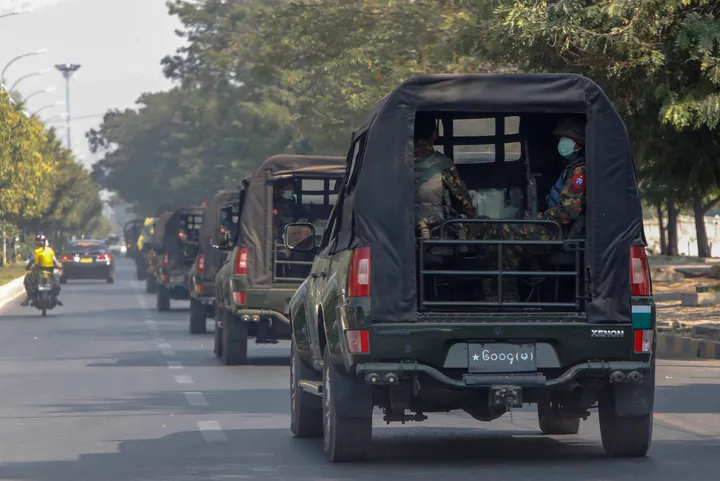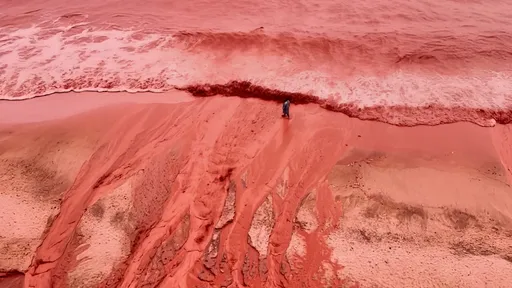Last week the leaders of the five Caspian littoral states —Russia, Azerbaijan, Iran, Turkmenistan and Kazakhstan — met in Aktau, Kazakhstan to sign an agreement regarding how and by whom the Caspian Sea can be used.
The agreement is the result of an incremental process that started 22 years ago. Since then there have been 52 working group meetings and 5 Caspian Summits trying to find an agreement regarding the Caspian.
There were some important outcomes of the final agreement in Aktau.
Non-Caspian countries are now barred from having a military presence on the Caspian. Although no outside power is seriously considering a naval presence on the Caspian — which, other than a couple of canals passing through Russia, is landlocked — this agreement is important for domestic audiences. This is especially true in Iran and Russia, both of which play up the threat of US or NATO involvement in the region.
Another important aspect of the agreement is allowing the construction of undersea pipelines. This is probably the most noteworthy aspect of the recent agreement. In the past, Iran and Russia argued that any pipeline must first have the agreement of all five littoral states. The deal reached last week allows pipelines to be established with only the consent of the countries involved in the project. This could finally give the green light for a Trans-Caspian natural gas pipeline connecting Turkmenistan with Azerbaijan. This would have major ramifications for the Southern Gas Corridor and Europe’s energy security.
The issue of delineating the Caspian’s maritime borders, including its seabed, was not included in the agreement, other than repeating what was already agreed in 2014 — that each Caspian country’s sovereignty extends 15 nautical miles from shore for mineral exploration and an additional 10 nautical miles for fishing rights. Instead, the leaders agreed in Atkau that any delineation outside this 25 nautical mile zone will be done on a bilateral basis between the countries concerned.
Some Iranians were not happy about this and took to social media using the hashtag #CaspianSeaSellOut to express their displeasure, accusing President Rouhani of selling out Iran’s section of the Caspian to the Russians.
The frustration shown by Iranians stems from unrealistic beliefs about how much of the Caspian Sea Iran should have control over — especially when it comes to the seabed, which could hold untold amounts of natural gas and oil reserves.
During the 19th century and most of the 20th century, the Caspian was essentially a lake shared between Russia and Persia. With the emergence of Azerbaijan, Kazakhstan and Turkmenistan after the end of the Cold War, some Iranians believed that these new countries should have gotten their share of the Caspian seabed from the “Russian half.” Not only is this view unrealistic, it has no basis in international law.
Others in Iran believe that the Caspian should still be considered a lake, with each littoral state getting an equal 20 percent section, but again, this is unrealistic. To back up these audacious claims, some Iranians cite the 1921 Treaty of Friendship with the Soviet Union and the 1940 Soviet–Iranian Trade and Navigation Agreement. Yet, Iran's reliance on these old treaties is curious because neither refers to seabed ownership or its use.
For the average Iranian, the Caspian has a more of a historical and cultural importance than it does as an economically significant oil and gas repository. Most of Iran’s energy exploitation takes place well away from the Caspian. What few energy resources Iran has in the Caspian are difficult to extract due to the depth of the water in the Iranian section and technological limitations.
As one of Eurasia’s historical powers Iran sees itself being entitled to a special status in the Caspian region. So it comes as no surprise that some Iranians believe that their government betrayed this special status by signing the recent agreement. On social media comparisons of the agreement are even being made to the Russo-Persian Treaty of Turkmenchay of 1828, which saw Persia cede large swathes of land to the Russian Empire.
In recent months, Iran has been playing with a weak hand on the international stage and the consequences of this were felt in Atkau. The Iranian economy is reeling from the impact of reimposed US sanctions. As each month goes by, Iran is being sucked more into the civil wars in Yemen and Syria. Economic protests have been a common feature across the country since last December. There are signs that Russia is seeing Iran as more of a liability than a help in Syria.
Economically, politically and diplomatically, things are not looking good for Tehran. If ever there was a time that Iran was more worried about other issues than the legal status of the Caspian, it is probably now. Russia took advantage of this.
Considering Iran’s current geopolitical situation, Tehran actually got a decent deal in Aktau. Iran gets control over the Caspian in a way that is consistent with its neighbours, even though it has the shortest Caspian coastline, and still has the option to negotiate with Azerbaijan and Turkmenistan over the delineation of the seabed.
It is not clear what more Iranians could have expected.
























